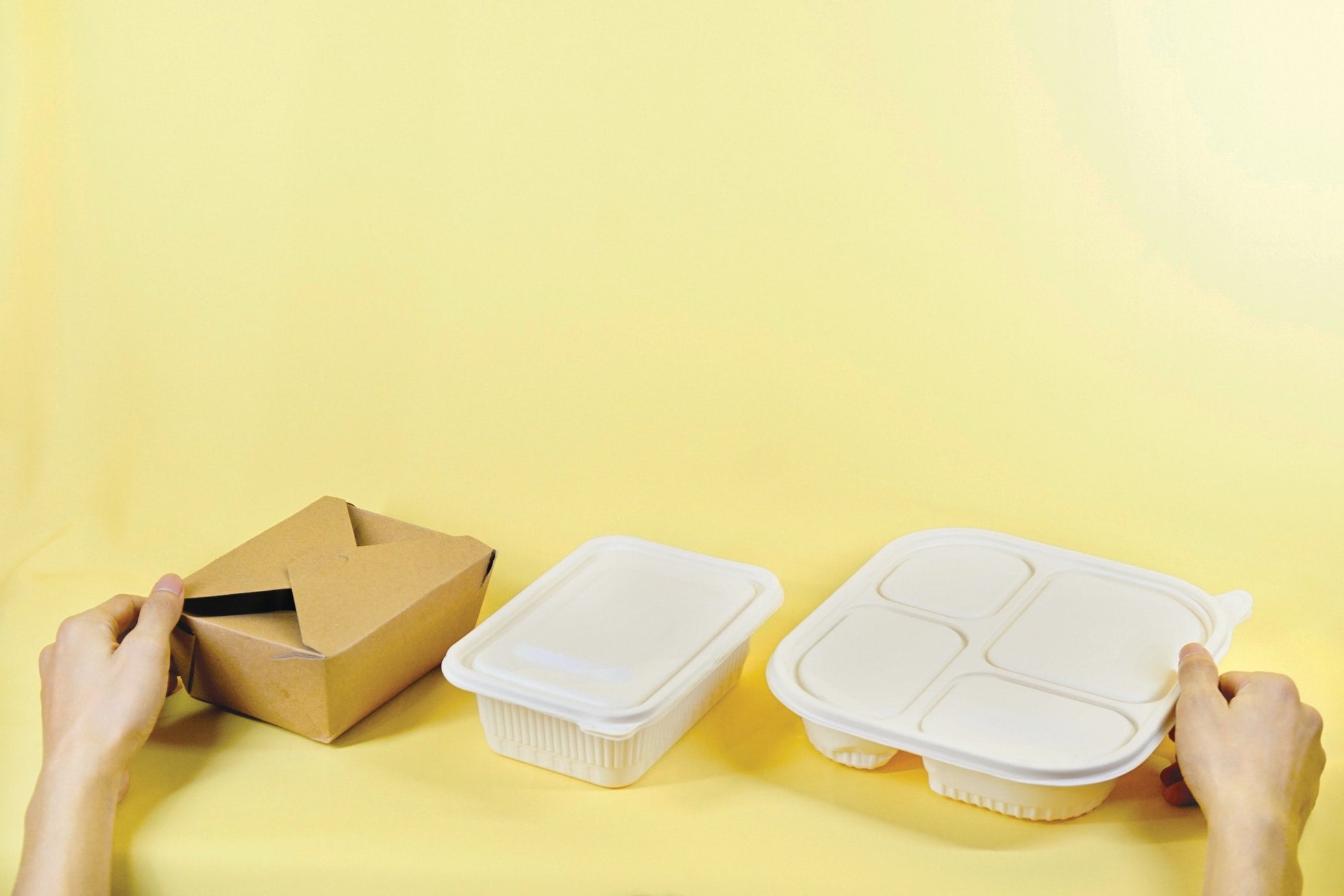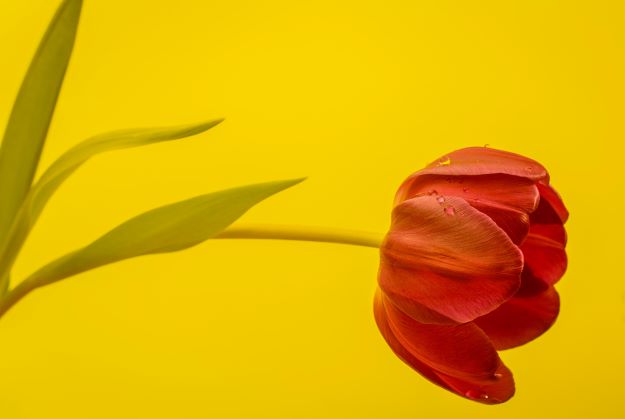what are the different sustainable packaging solutions?
"East or West, turning eco-friendly is the best!"
Ah, the beauty of India - from the hilly areas of peaks of the Himalayas in the North to the holy water of the Ganges flowing in the south and east, I think the beauty of nature has often left us astonished and wondering at times, that how can something be this pure and pleasant. Aren't we all proud of our Mother Nature for her beauty and for all that she has given for ages? We are!! But admiring the beauty and littering it with plastics doesn't make sense, right? Are we focusing on the fact that we should open our eyes to learn how we should preserve Mother Nature? I am sure you are here because you are one of those who care about this. And fortunately here are the jotted points that can help you to reduce the rate of plastic and its littering. So, let's get started!!
spotting plastic in our lives
Is There Any Plastic In Your Life? You're probably unreservedly correct if you replied EVERYWHERE. This adaptable material is also found in our appliances, computers, clothing, and more. Plastic is usually found wrapped around the items we purchase in our day-to-day life. After all, it is a good method to keep food and cosmetics clean and sanitary.
However, plastic may also be found in unexpected areas. Once you take a detailed go searching your house, you will be surprised at what number of objects there are that include plastic, and how badly it impacts us and our surroundings as well.
So, the question is how to get rid of this problem? Here's how!
best eco-friendly alternatives for plastic packaging
"Time to start a Green Revolution, Let us arrest Plastic Pollution."
Who doesn't want to see a present and future that is plastic-free? Almost all want the one.
Do you know that there are a variety of plastic packaging alternatives available? When it comes to the energy and water consumed during the manufacturing process, as well as its end-of-life disposal, each alternative has a different sustainability impact. Some alternatives will be more environmentally friendly than others. If you want to use the ban to accomplish sustainability goals, the best solution is to use an alternative material that has a smaller environmental imprint. You may not be obtaining the most ecologically friendly option if you are seeking the most cost-effective option.
From the best plastic packaging to the most commonly used alternatives, the following alternatives are presented which can lead you to a plastic-free life.
"sustainable hacks, supporting our back."
-
Ditch plastic for bagasse:
Garbage bags, sugarcane-based shampoo bottles? Yes, it is possible, and it is entirely made of vegetables! A true packaging revolution. Vegetable plastic is a type of plastic manufactured from sugarcane ethanol. It will have the same protection and environmental qualities as regular plastic. Ethanol can be converted into bioplastic or gasoline. This method also yields a surplus: bagasse, a highly efficient biofuel!
Bagasse is a pulpy substance left over after sugarcane processing that can be used in a variety of applications. Bagasse can be used as a biofuel as well as a wood substitute in the manufacture of pulp, paper, and board. Bagasse is also commonly used to make food packagings, such as "to-go" containers, bowls, plates, and cups.
Bagasse packing has numerous advantages. Bagasse is made from renewable resources that are harvested once a year, and the packaging is fully biodegradable and recyclable. Packaging can disintegrate in as little as four weeks under the correct conditions.
Food containers made of bagasse are robust and durable. Bagasse is chlorine-free, microwave-safe, and may be used to preserve food in the freezer.
-
Replace plastic bags with paper bags:
Paper bags must include at least 40% post-consumer recycled content and cannot contain any old growth fiber to be acceptable under most local laws.
Paper bags come in a variety of styles and might be a viable substitute for single-use plastic bags. They can be reused or recycled. And bonus point - The paper bags can be reused several times!
-
Switch out plastic tape for water-activated tape:
When it comes to packaging tape's usefulness for sealing a package, nothing beats it. Customizable tape with a personality to liven up the exterior of a package is a step up from this.
Some custom tape options, however, are more ecologically friendly than others. Because most ordinary sticky tapes are not biodegradable, they do not decompose in compost. This is mainly due to the toxic residues left behind by the glue used to stick.
Water-based tapes, on the other hand, require the use of a sponge or dispenser to begin the sticking process.
A natural adhesive eliminates the unnecessary work of having to peel off damaging tapes before recycling or composting your packaging, as well as making the procedure easier for your customers.
-
Food wraps:
Swap out your plastic cling wrap for one of these sustainable alternatives to avoid human and environmental pollution.
- Beeswax Wrap
Do you have any leftover meal, a half-eaten slab of cheese, or a piece of bread to store? It's all taken care of with beeswax food wrapping. This reusable and plastic-free wrap is made from organic cotton and naturally bendable beeswax. Beeswax wrap is very flexible and keeps food fresh.
- Soy Wax Wrap
Paraffin wax, which is found in traditional wax paper, has been linked to a variety of health problems, including poor circulation and diabetes. It's also non-recyclable.
Soy wax paper is a more environmentally friendly option. It's biodegradable, harmless, and frequently made using sustainable materials. Food can be preserved using soy wax or parchment paper, which is both safe and environmentally friendly.
Baked foods, fruit, and deli items all benefit from wax paper packaging. Is your neighborhood grocer on board with this environmentally friendly packaging option?
Nontoxic, compostable, and organically derived food wraps are the finest method to keep your meals and cooking supplies fresh, no matter what you pick.
-
Goodbye plastic boxes, hello corrugated boxes!
Plastics can also be replaced with corrugated boxes. They've been around for a long time and are a popular packaging option for decades. Cardboard boxes are beneficial since they are recyclable; yet, many of them are not recycled due to contamination in single-stream recycling or because individuals just refuse to recycle them. They decay and release methane, a dangerous greenhouse gas if they wind up in a landfill. They can, however, be viable alternatives to plastic packaging if properly recycled and not contaminated with food or liquids.
-
Phase out plastic containers for glass containers
Glass is one of the world's oldest packaging materials. It has a long history of popularity. Few other packaging materials can match glass's sense of quality and grandeur. Glass is used to package a wide range of goods. Glass has been used to package millions of things around the world, from wine and whiskey to candy and popcorn.
Glass containers, on the other hand, are becoming increasingly popular among customers. Despite the limitations involved with their carbon footprint, they are seen as a viable, more environmentally friendly material. Using thinner glass containers is one approach to reduce the carbon problem. Even so, more caution should be exercised when doing so. Glass that is thinner is more delicate and prone to breakage.
pack it up in an eco-friendly way!
"Eco-friendly Packaging >>>> Plastic Packaging."
Time for the takeaway! Let us pack up some needful information for you, but - in an eco-friendly way. You get it now that by eliminating plastic from your life, you are not only reducing your contributions to the trash stream, but you are also encouraging others to live more sustainably.
"Say Goodbye to Plastics and a big Hello to eco-friendly packaging, because sometimes, it's good to ditch!"
Assist in spreading this message about how critical it is to rethink our daily behaviors and what we anticipate from the businesses we buy from. Companies should continuously adapt, and the massive increase in plastic consumption could add to a reversal as demands for more environmentally friendly corporate practices grow, and the tremendous growth in plastics consumption can be reversed.
So, my question to you is - do you want your future to be wrapped in plastic? If not, then start adapting to an eco-friendly lifestyle, because - the sooner the better!
Photo by @guusbaggermans on Unsplash
Author - prarthana is a postgrad physics student, a fervent physicist who loves to revitalize and tweak articles on sustainability and technology. she can be found at instagram and linkedIn






